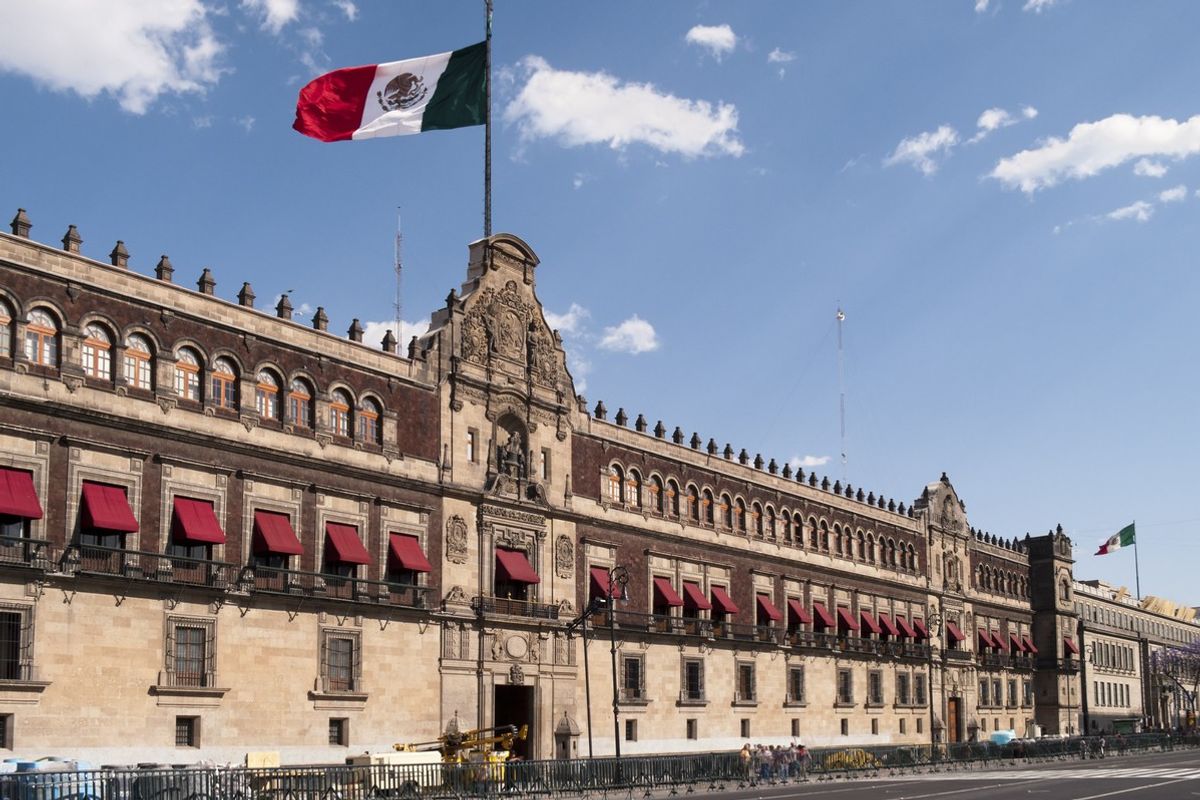After 10,500 unaccompanied minors crossed the U.S.-Mexico border, seeking asylum in October and November, many asked, what kind of parents would send their children on such a dangerous journey to an uncertain future? Well, when you’re from the world’s most violent region not at war, the cost-benefit calculus changes.
In 2015, the Northern Triangle region, which is comprised of El Salvador, Honduras, and Guatemala, totaled 17,422 homicides. Although Guatemala and Honduras have seen some improvements in levels of violence over the last year, the region as a whole saw an 11 percent rise in homicide rates since 2014, and these three countries still individually rank in the top five countries with the most homicides in the world. In comparison, there were approximately 1,700 homicides in 2014 in California, which has just about the same population as the Northern Triangle counties combined.
Histories of civil wars and persistent drug cartels plague these nations. “Drug trafficking is synonymous with violence and the Northern Triangle is not exempt to this rule,” said former DEA Agent Michael Vigil. Counternarcotic efforts alone, however, will not be sufficient; after all, homicides have continued despite improving targeted counternarcotic efforts in recent years.
The problem goes much deeper, as the violence in the Northern Triangle is worsened by persisting social and political exclusion, in addition to the lack of economic opportunities. Marginalized members of society and those that do not have means of supporting their families have turned to the drug trade for power and prosperity. Many experts are now concerned about the growing trend of ninis, or youth between the ages of 15 and 24 that are neither studying nor working (ni estudia ni trabaja), who are increasingly turning to violence and crime in Central America. Furthermore, many are threatened into joining gangs, or turning a blind eye to them, fearing their personal and family safety, which leads to a persistent corruption and rule of law problem, and therefore a system that allows criminals to remain unchecked.
The reaction from many El Salvadorians, Guatemalans, and Hondurans has been to flee their country. Almost 10 percent of the 30 million residents in the Northern Triangle countries have left—mostly whom aim for the United States as their final destination. For the U.S., this influx in unauthorized immigration has become a hot-button national security and political issue.
To address this growing problem, the U.S. government pressured the governments of El Salvador, Guatemala, and Honduras to create the Alliance for Prosperity, together with the Inter-American Development Bank. This five-year plan launched in 2014, calls for $20 billion to inspire economic growth, promote job creation and training, improve public safety, and strengthen institutions. The U.S. government intends to provide up to $750 million to support the Alliance for Prosperity Plan and other security initiates in the region, but 25 percent of this assistance will be withheld until the countries’ governments prove that they are taking responsibility for some of the undertakings.
As an alternative, some Northern Triangle residents are pursuing a grassroots approach to the problems. Specifically, Guatemalans and Hondurans have organized regular protests to speak out against their governments’ ineffective and inadequate policies to address violence and corruption. The size and persistency of these crowds has led some observers to suggest this could be a “Central American Spring,” like the one in the Middle East in 2011. Indeed, the protests helped oust former Guatemalan President Otto Pérez Molina, Vice President Roxana Baldetti, and a number of other government officials.
Guatemalan Ambassador Roberto Palomo-Silva believes the discussion needs to focus less on cold numbers and more on the human factor, or unquantifiable aspects of the conflict, such as drug addiction, desperation, intimidation, and drug cartel culture. Assessing the situation in economic terms—drug production versus consumption, supply versus demand—“is a serious mistake,” he warns, and a solution must come from a public discussion, where everybody takes part, to expand the understanding of the controversy.
Violence in the Northern Triangle, and related unauthorized immigration to the U.S., continues to demonstrate why it is both a humanitarian and security concern for the region.
Alana Garellek is an International Producer at The Cipher Brief.










